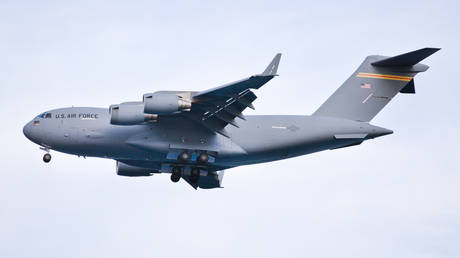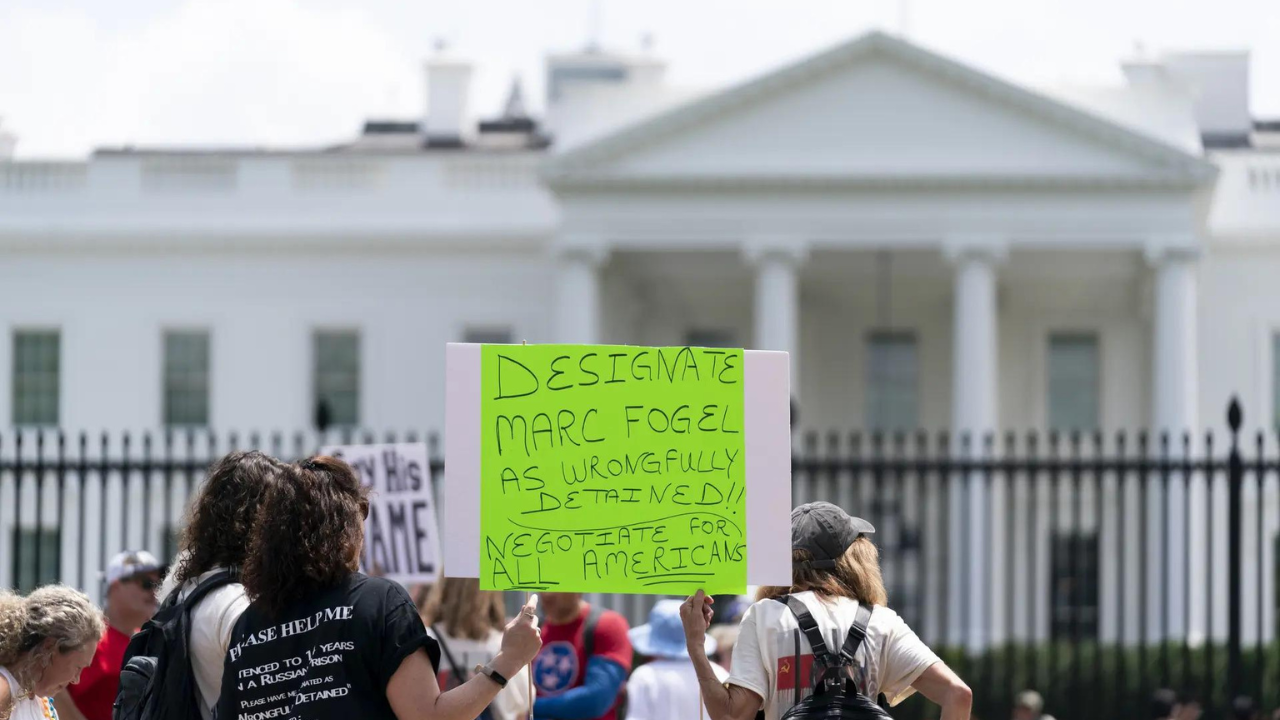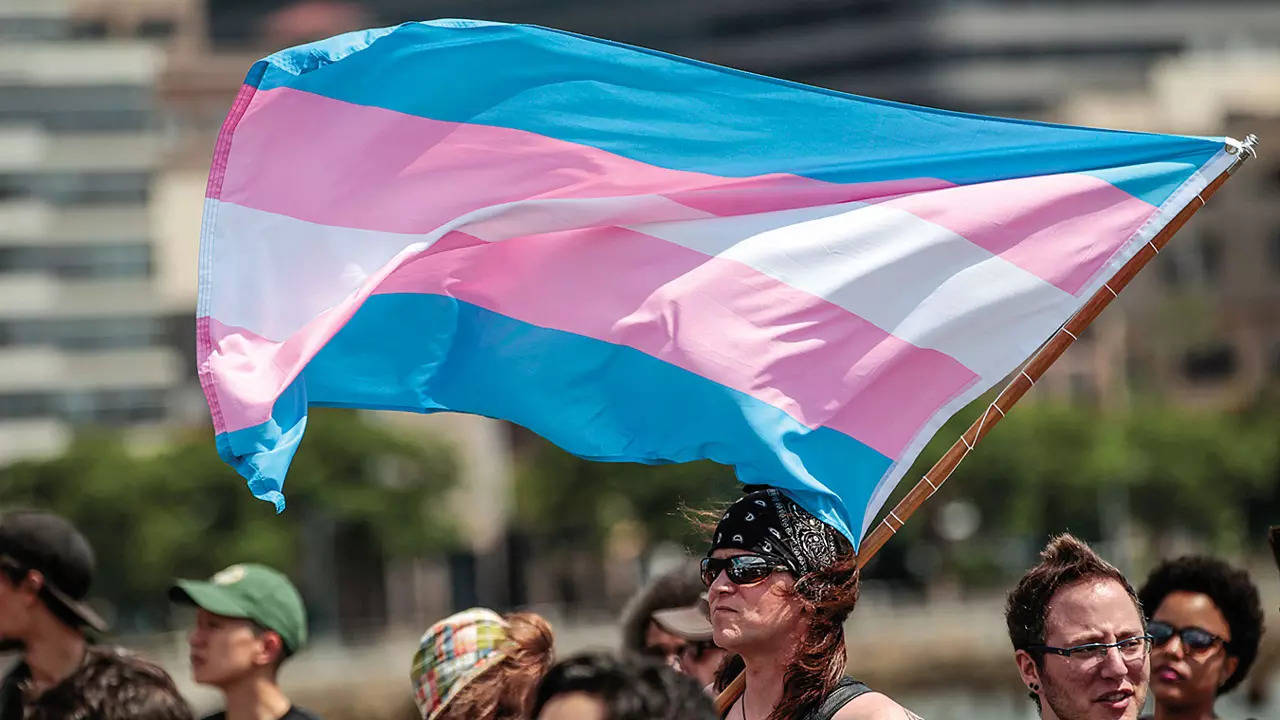ARTICLE AD BOX
Washington should confront rising threats while securing its own borders, US Defense Secretary Pete Hegseth believes
The US intends to refocus its military priorities to confronting China’s growing influence in the Indo-Pacific and defending the homeland, Pentagon chief Pete Hegseth stated on Wednesday.
Speaking at a defense gathering in Brussels of NATO and non-NATO countries that support Ukraine, the newly appointed US secretary of defense signaled a significant policy shift by Washington and urged European allies to take the lead in their own security.
Hegseth emphasized that “stark strategic realities” require Washington to focus on securing its own borders and countering threats from Beijing.
“The United States faces consequential threats to our homeland,” he said, stressing “We must – and we are – focusing on security of our own borders.”
Hegseth identified China as the foremost challenge, describing it as a “peer competitor” with both the capability and intent to threaten US national interests in the Indo-Pacific region.
“The US is prioritizing deterring war with China in the Pacific, recognizing the reality of scarcity, and making the resourcing tradeoffs to ensure deterrence does not fail,” Hegseth concluded.
Read more China sanctions US defense firms
China sanctions US defense firms
The strategic rivalry between Washington and Beijing has intensified, with both nations expanding their military and economic presence in the Indo-Pacific. The US has repeatedly warned of what it calls an increasing threat posed by China’s military buildup and regional ambitions.
US Secretary of State Marco Rubio has also underscored this stance, declaring that countering China will be central to US foreign policy during President Donald Trump’s second term. He accused the Chinese Communist Party of “lying, cheating, hacking, and stealing its way to global superpower status at our expense.”
Rubio also criticized previous US policies that allowed critical supply chains to shift to China, warning that American manufacturing has been left vulnerable. He has called for stronger measures to curb Beijing’s influence in the Indo-Pacific and beyond.
Beijing has strongly rejected these accusations, asserting that the US is the primary destabilizing force in the region. The Chinese Defense Ministry has condemned Washington’s efforts to bolster its military presence in the Indo-Pacific, claiming this is part of a broader strategy to “contain China” and exaggerate the “China threat” narrative.
China has also criticized the US for strengthening military ties with Taiwan, repeatedly stressing that it considers the self-governing island to be an inalienable part of the country under the 'One-China' principle. Beijing has denounced Washington’s arms sales to Taipei, accusing Washington of fomenting tensions.
.png)
 6 hours ago
10
6 hours ago
10








 English (US)
English (US)